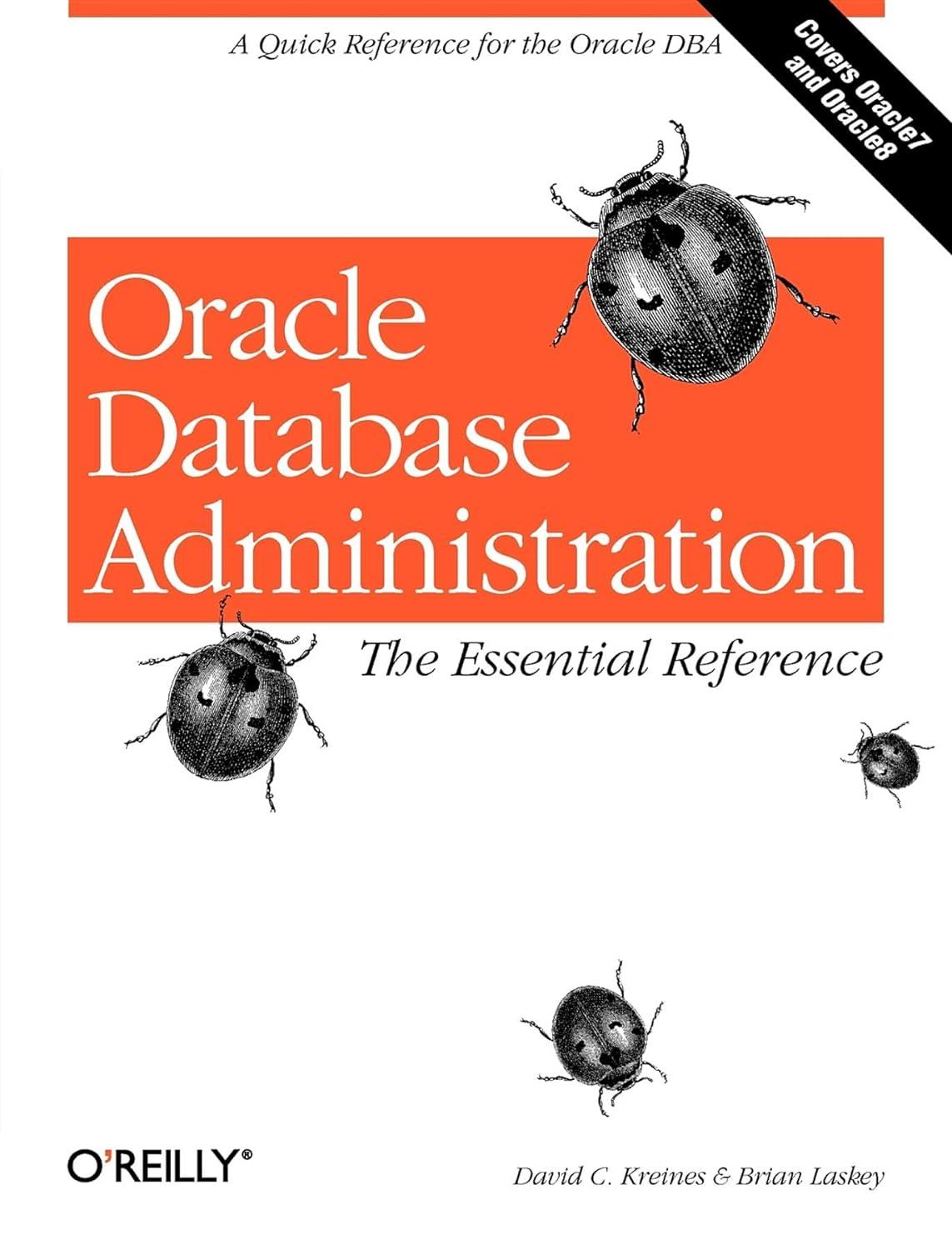Suppose you have two RAID arrays, one implementing RAID 3, the other RAID 5. Each has 9 disk drives in its array. If the RAID
Suppose you have two RAID arrays, one implementing RAID 3, the other RAID 5. Each has 9 disk drives in its array. If the RAID 5 array can read a 1 Kbyte of data in 16 ms, how long would you expect the RAID 3 array to take to read 1 Kbyte of data? Why?
2. Suppose now your two RAIDs are a RAID 5 and a RAID 6. Each of these RAIDs has a read speed of 48 MB/sec. In the event of a disk failure in either of these RAIDs, read performance is degraded by 12% as data from the failed disk must now be re-constructed from the RAIDs redundant data. For each of the cases below, assume the 875 Kbytes of data to be read is in physically sequential sectors on the disk, so that no additional seeks or delays occur once reading begins.
(a) If both RAIDs perform normally (i.e., all drives working normally), how long does it take for the RAID 5 to read this data? for the RAID 6?
(b) Suppose one disk has failed in each of the arrays. How long does it take for the RAID 5 to read this data? for the RAID 6?
(c) Suppose a total of two disks have failed in each of the arrays. How long does it take for the RAID 5 to read this data? for the RAID 6?
Step by Step Solution
There are 3 Steps involved in it
Step: 1

See step-by-step solutions with expert insights and AI powered tools for academic success
Step: 2

Step: 3

Ace Your Homework with AI
Get the answers you need in no time with our AI-driven, step-by-step assistance
Get Started


